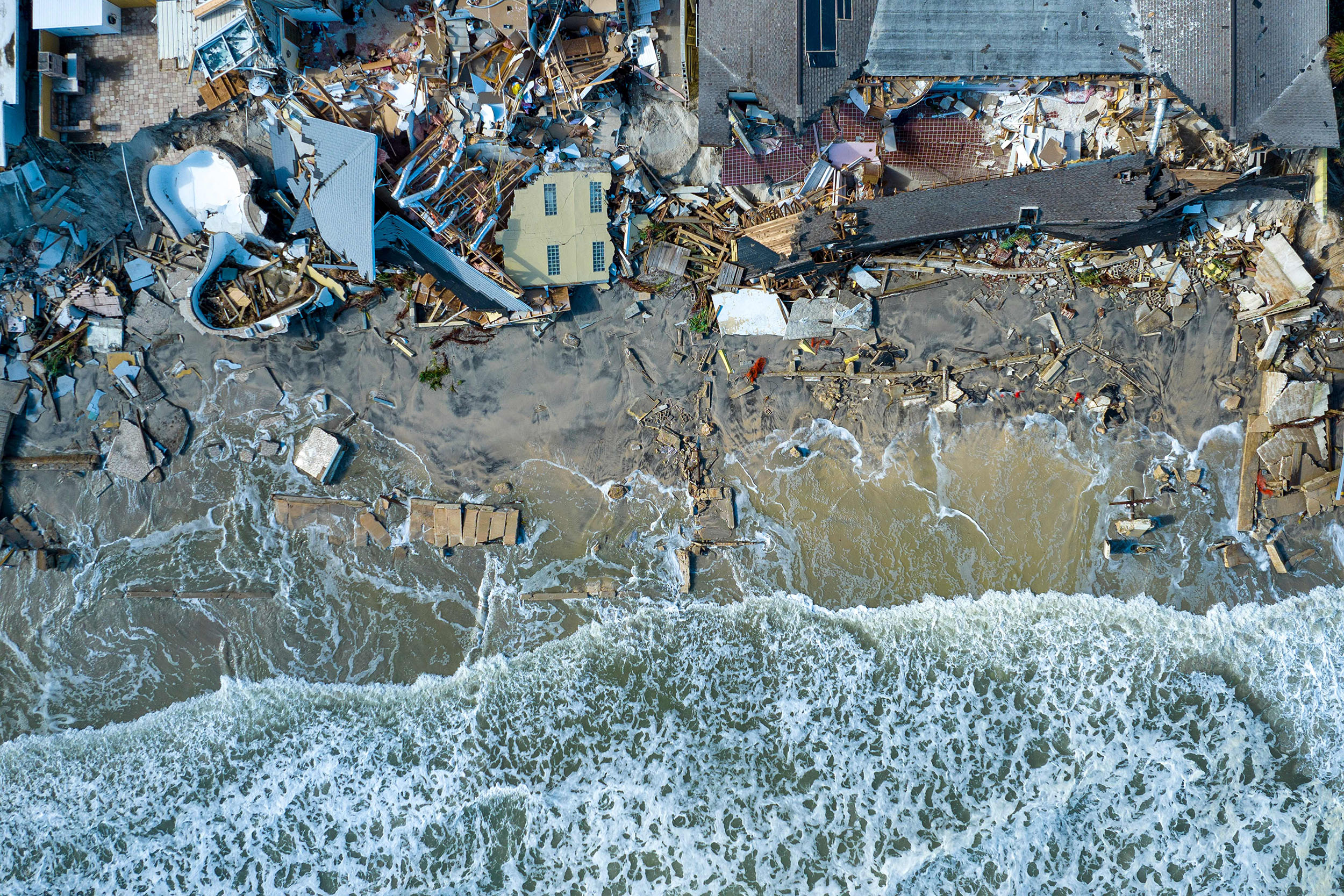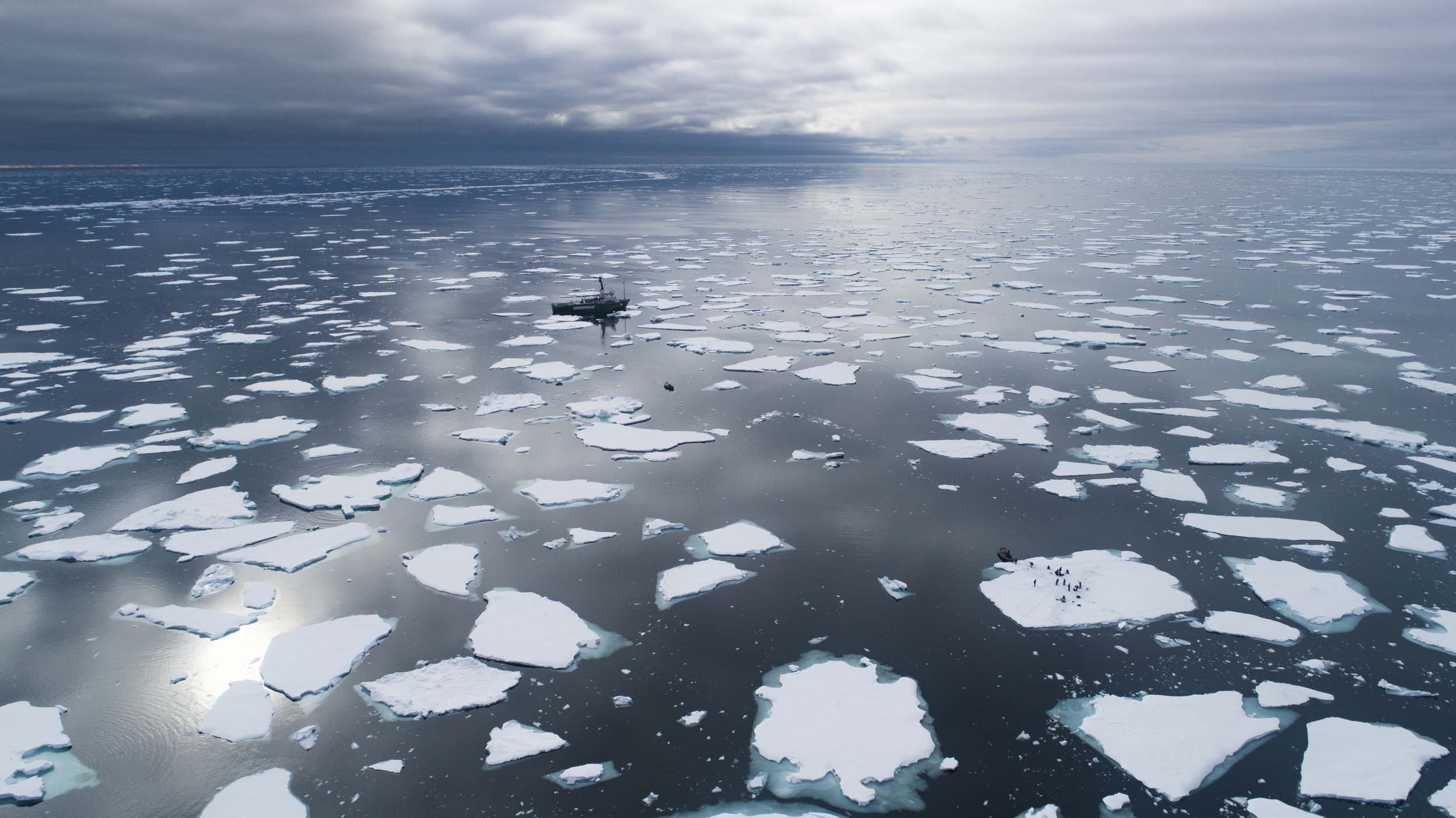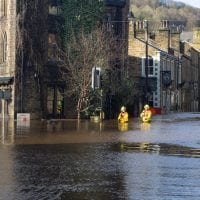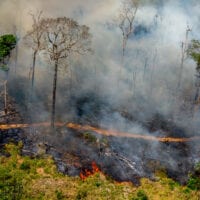What is extreme weather?
Extreme weather is any weather that’s unusually severe, frequent or unexpected for the local climate. In the age of climate change, extreme weather means more heatwaves, drought, excessive rain, storms and even very unusually cold weather.
The impacts of extreme weather are often devastating. Higher temperatures cause more powerful and destructive storms. More rain can cause flooding. Wildfires start and spread more easily in heatwaves. And rising sea levels can make storm surges worse, causing coastlines to erode faster.
How is global warming affecting weather patterns?
Climate change means long-term changes to broad weather patterns that take place over several decades. (That’s why it’s been difficult to link any single extreme weather event to climate change.) Weather is what we experience day to day: sun, rain, wind or snow.
It can be unpredictable and there is a lot of local variation. Climate is the average weather in a specific area over a long time – typically 30 years or more. What's the difference between weather and climate
Weather

Climate

Scientists are now finding that significant changes to weather patterns may be happening over much shorter timescales, due to global average temperature rises driven by increasing greenhouse gas emissions.
This is what’s making extreme weather more likely and more severe.
How does climate change cause extreme weather?
Global warming is causing heatwaves, drought and wildfires through an increase in overall temperatures.
As temperatures warm, it rains more heavily, causing flooding. This is partly because warmer air can hold more moisture – meaning more intense rainfall. And some places, including the UK, suffer long droughts followed by severe flooding – because dried-out soil cannot absorb heavy rains.
Storms are becoming more intense too. This is because warmer sea surface temperatures increase wind speeds.
Even extremely cold weather is linked to climate change.
How is UK weather becoming more extreme?
The UK generally experiences warm summers and cool winters. Only rarely do we face the extremes of heat or cold common in other climates.
But as climate change accelerates, this is changing. The UK is facing more heatwaves, storms and flooding, and even more wildfires than ever before.
The UN Intergovernmental Panel on Climate Change believes that the UK will receive about 10 percent more rainfall on average per year by 2100 compared to 1986–2005.
Summer heatwaves are becoming hotter, longer and more frequent in the UK, which is also experiencing unseasonably warm temperatures at other times of the year. The UK declares a heatwave when daily maximum temperatures meet or exceed a set temperature (which is different for each county) for three days in a row.




